
AllQuestion and Answers: Page 1487
Question Number 63324 Answers: 1 Comments: 0

Question Number 63399 Answers: 1 Comments: 1
Question Number 63301 Answers: 1 Comments: 9
$${find}\:\frac{{dy}}{{dx}}\:{if}\:\:{x}\left({x}\:+{y}\right)\:=\:{y}^{\mathrm{2}} \\ $$
Question Number 63300 Answers: 0 Comments: 2
Question Number 63298 Answers: 0 Comments: 2
Question Number 63296 Answers: 1 Comments: 1
Question Number 63273 Answers: 0 Comments: 1
Question Number 63261 Answers: 0 Comments: 6
Question Number 63247 Answers: 0 Comments: 1
Question Number 63246 Answers: 0 Comments: 2
Question Number 63256 Answers: 0 Comments: 3
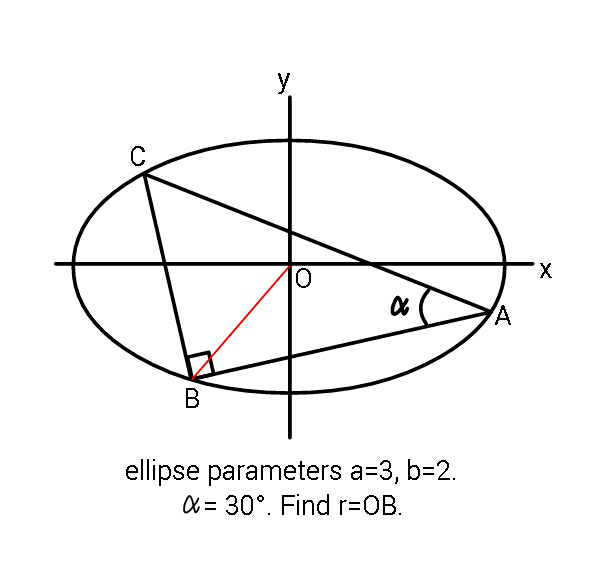
Question Number 63233 Answers: 0 Comments: 4
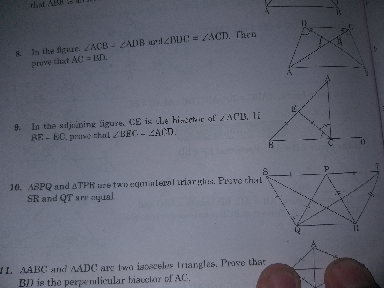
Question Number 63232 Answers: 0 Comments: 2
Question Number 63225 Answers: 0 Comments: 0
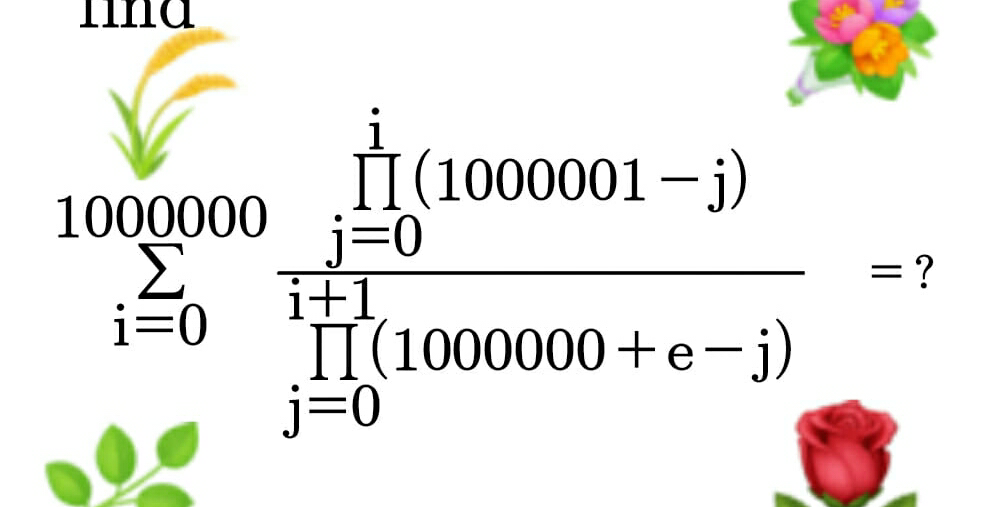
Question Number 63645 Answers: 0 Comments: 4
$${n}\:{integr}\:{natural}\:{prove}\:{that}\:\mathrm{5}\:{divide}\:{n}^{\mathrm{5}} −{n} \\ $$
Question Number 63251 Answers: 0 Comments: 0
Question Number 63215 Answers: 0 Comments: 1
Question Number 63214 Answers: 0 Comments: 1
Question Number 63267 Answers: 0 Comments: 3
Question Number 63206 Answers: 1 Comments: 1
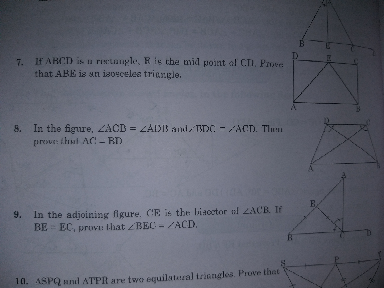
Question Number 63203 Answers: 0 Comments: 5

Question Number 63268 Answers: 0 Comments: 0

Question Number 63194 Answers: 1 Comments: 0
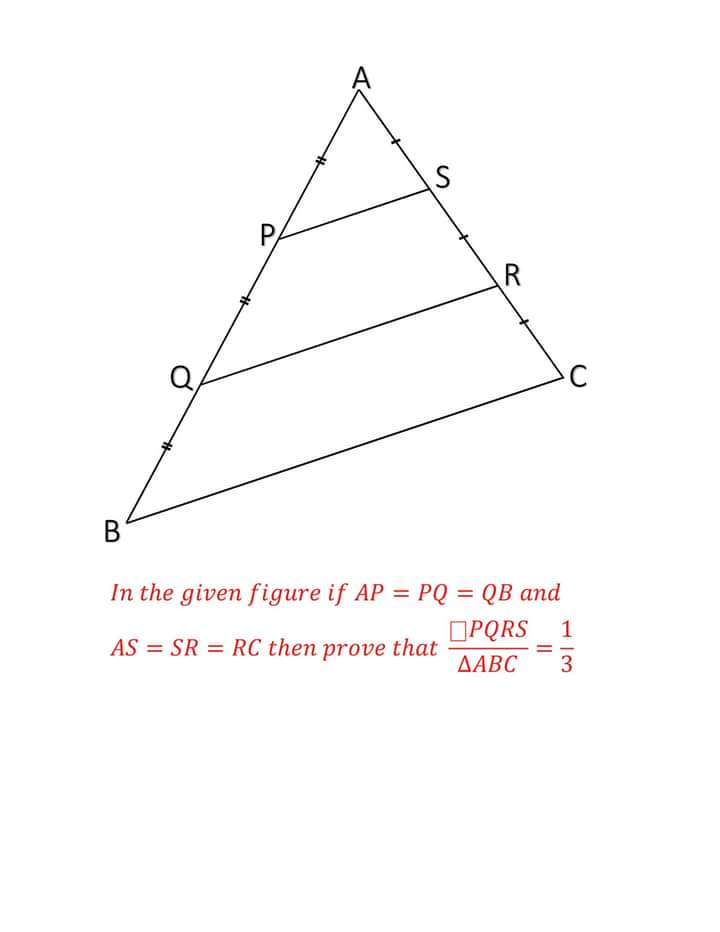
Question Number 63190 Answers: 0 Comments: 3
Question Number 63292 Answers: 0 Comments: 4
Question Number 63291 Answers: 0 Comments: 3
Pg 1482 Pg 1483 Pg 1484 Pg 1485 Pg 1486 Pg 1487 Pg 1488 Pg 1489 Pg 1490 Pg 1491
